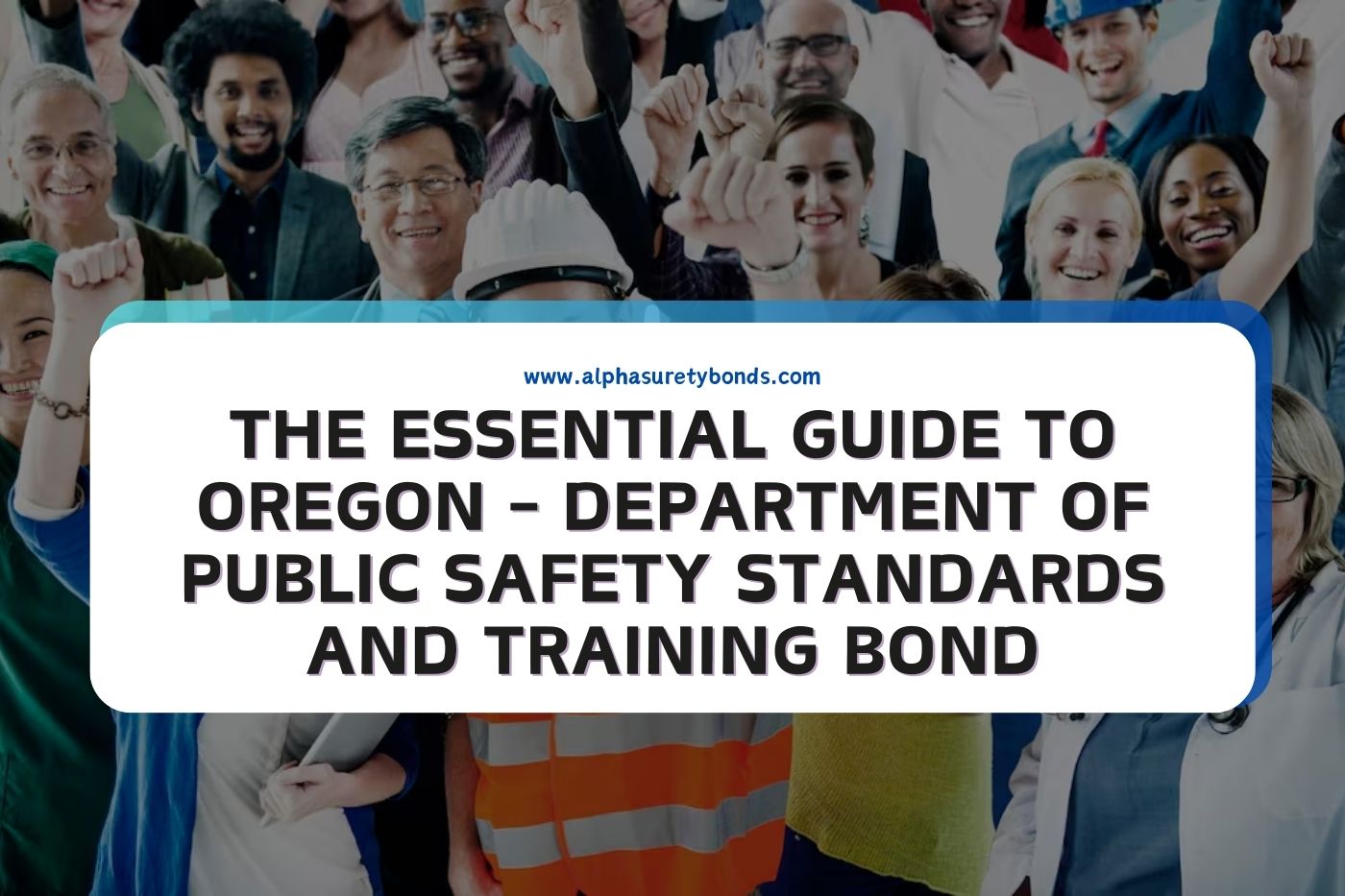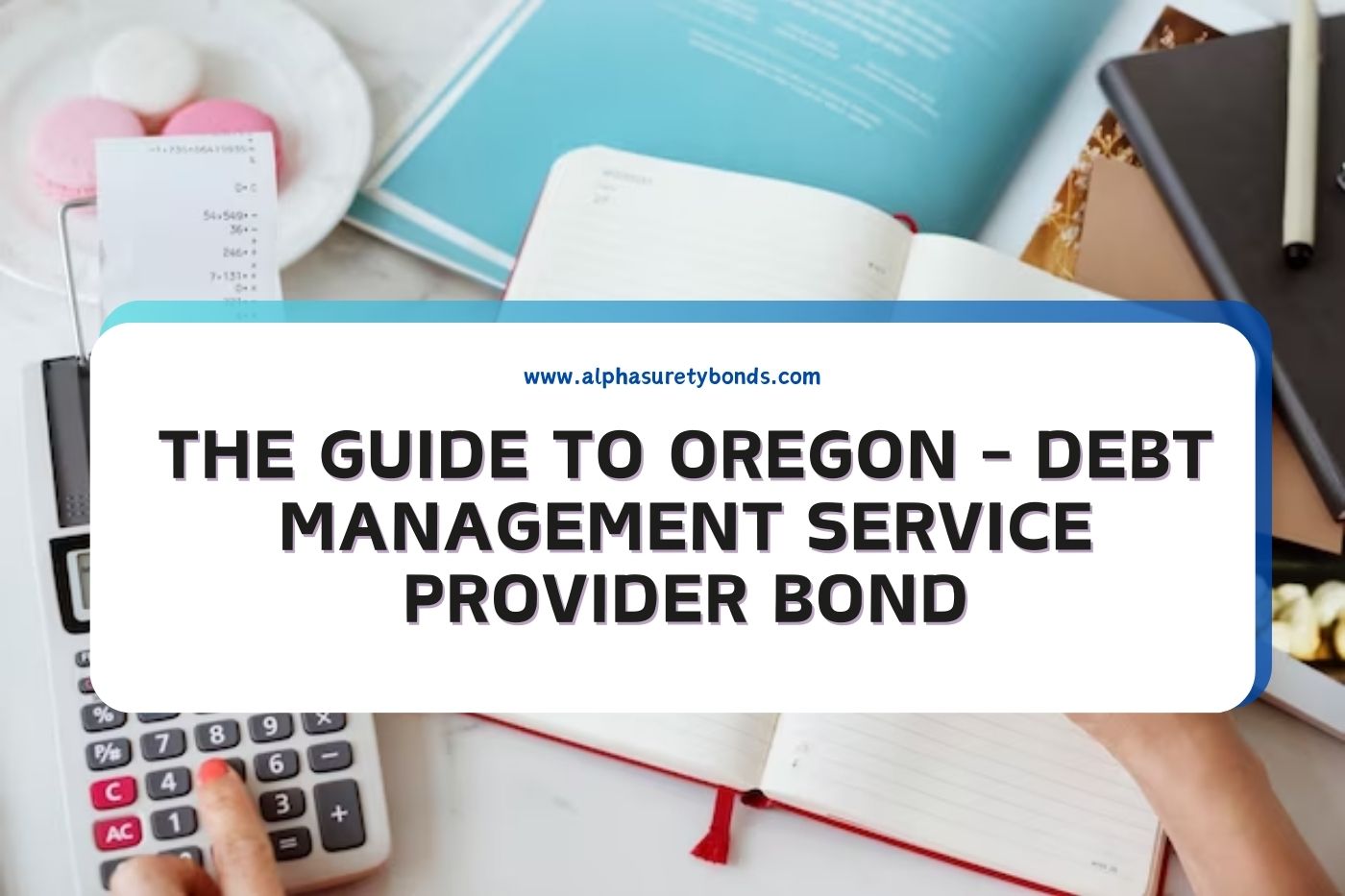Get An Instant Quote on Oregon – Department of Transportation Right of Way Bond
Oregon Department of Transportation Right of Way Bond: Definition
Explanation of a Right of Way Bond
A Right of Way bond, commonly known as ROW bond, is a form of insurance that construction or excavation contractors provide. It is a financial guarantee to ensure they fulfill their obligations while working within public right-of-way boundaries. This can include road repairs and maintenance, landscaping projects, utility installations, and more.
Purpose in the Context of the Oregon Department Of Transportation
In Oregon specifically, the Department Of Transportation requires this bond from contractors before issuing permits for work on state-owned roads or other rights-of-way. Its purpose is to protect public property and finances should any damage occur during construction or if project completion fails.
Importance of The Right Of Way Bond
Role in Protecting Public And Private Property
The primary role played by these bonds is safeguarding both private and public property from potential harm caused by project operations. If damages are incurred during the course of such activities conducted by contractors on rights-of-way properties; then compensation will be available through these bonds.
Ensuring Compliance with State And Local Regulations
These bonds also help ensure contractor compliance with local regulations governing construction work performed within right-of-ways established under state law like adherence to safety standards, which protects against possible violations.
Parties Involved In The Right Of Way Bond
Contractual agreements involving ROW Bonds typically involve three parties:
1) Principal – Contractor obtaining the bond
2) Obligee – Entity requiring the bond (Oregon Department of Transportation)
3) Surety – Insurance company providing coverage for claims against the principal’s performance
Each party holds different responsibilities where Principals are expected to fulfill all contractual requirements, ensuring no violation occurs; obligees need this assurance, hence the mandate requirement while sureties stand as guarantors covering losses if principals fail to meet said obligations.
Process For Obtaining A Right Of Way Bond In Oregon
Applying for a ROW bond in Oregon follows a systematic process that involves filling out an application form and providing the necessary documents and information to the surety company. Upon completion of this procedure, which typically takes about 24-48 hours for approval, you will receive your bond.
Cost Of The Right Of Way Bond
The cost of obtaining a right-of-way bond varies depending on various factors such as credit score, business financials, and experience in industry. Typically, costs range from 1% – 5% of the total bond amount, but additional fees like shipping or financing may apply.
Consequences Of Bond Violations
Violating terms set by the Oregon Department of Transportation within a Right-of-Way project can lead to severe consequences. Such violations might include not completing work within the agreed time frame or causing damages without proper compensation, leading to legal action with significant financial repercussions.
Claim Process Against A Right Of Way Bond
Any third party who suffers damage due to the principal’s negligence has the right to file a claim against this type of bond; following review if validated then the surety will cover losses up to the full penal sum, leaving principals obligated for repayment later.
Renewal And Cancellation Of The Right-Of-Way-Bond
The renewal process often depends upon the original agreement while cancellation occurs under specific circumstances like a term period or satisfactory fulfillment of all obligations.
Tips For Maintaining Compliance With The Right-Of-Way-Bond
Maintain strict adherence to guidelines laid forth by ODOT avoiding violations thus reducing risk potential claims, helping keep projects on track simultaneously staying updated changing requirements crucial aspects of maintaining compliance.
Conclusion
Understanding these key points around the purpose and significance associated with ‘Right-of-Way’ Bonds helps one appreciate the role played in protecting public property, ensuring adherence to local laws while offering tips for compliance, and serving as valuable resource contractors across Oregon.
FAQ
How much does a Right-of-Way Bond cost in Oregon?
The cost varies depending on several factors such as credit score and the financial status of the business. Typically, it ranges from 1%-5% of the total bond amount.
What is the process for obtaining a ROW Bond in Oregon?
It involves filling out an application form and providing necessary documents to the surety company. The approval usually takes about 24-48 hours.
What are the consequences of violating the terms of the ROW bond agreement?
Violations can lead to legal action and significant financial repercussions including being held liable for any damage caused or project delays.
Can third parties file claims against this type of bond?
Yes, if they suffer damages due to negligence during work carried out under contract with state department transportation by bonded principal then a claim could be filed seeking compensation losses incurred directly from the insurance company later recovered contractor involved











